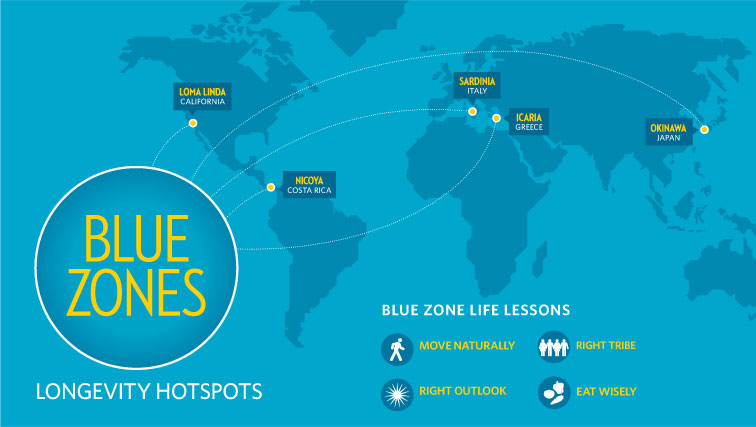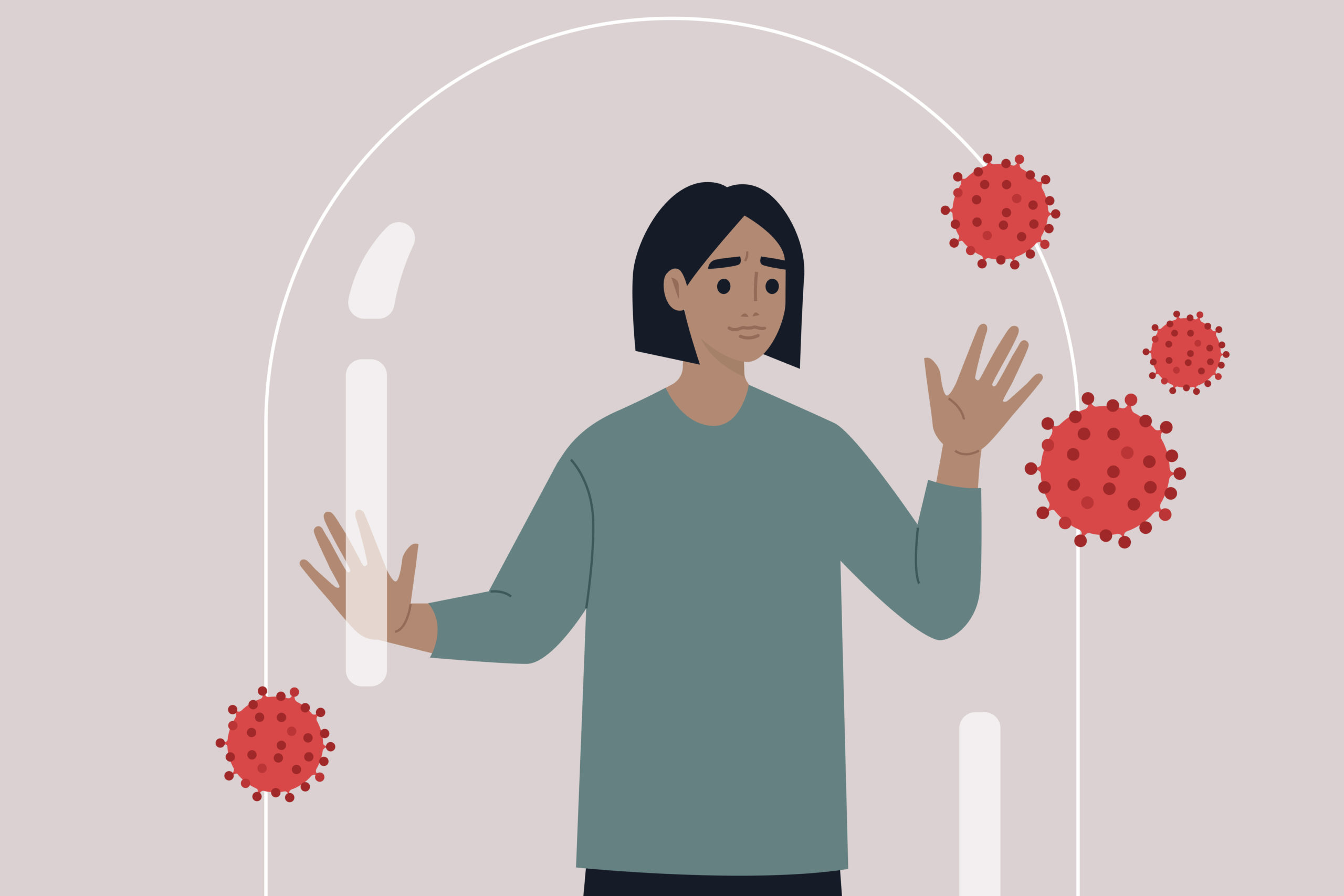Dan Buettner attempts to answer the question in one of the most comprehensive studies to date…
Dan Buettner teamed up with the National Institute of Ageing and National Geographic to study ‘Blue Zones’, areas with communities who live much longer than the average still possess vibrancy and vigour while surpassing the age of 100 and vigour while surpassing the age of 100.
He presents his decade-long research in a Ted talk, initiating the speech by referencing the ‘Danish Twin’ study, which establishes that only 10% of how long the average person lives is certain within biological limits, is dictated by our genes while the other 90% is dictated by our lifestyle.
How do we study longevity?
“Our approach to finding longevity was to team up with National Geographic, and the National Institute on Aging, to find the four demographically confirmed areas that are geographically defined. And then bring a team of experts in there to methodically go through exactly what these people do, to distil down the cross-cultural distillation” says Buettner.
These places are coined, ‘blue zones’, the premise being as Buettner explains, “if we can find the optimal lifestyle of longevity we can come up with a de facto formula for longevity.”
Where are these ‘blue zones’?

Credit: Dan Buettner
The blue zone regions are Loma Linda in California, USA; the Nicoya Peninsula in Costa Rica; the Barbagia region of Sardinia, Italy; the Ikaria island in Greece and Okinawa, an island in Japan.
These are zones where a large proportion of the population live to 100 and over, while those who are in their 80s and 90s are still active and don’t suffer from the chronic diseases common with age.
“Areas where people are living to age 100 at rates up to 10 times greater than we are, areas where the life expectancy is an extra dozen years, the rate of middle age mortality is a fraction of what it is in this country” says Buettner.
What do the societies and people in these Blue Zones have in common?
1. They stay physical
These people don’t actually partake in exercise, their lifestyles favour physical activity. Okinawan women are getting up 30-40 times a day and Sardinians live in vertical houses. They have no conveniences and most activities require something physical. They all walk and have gardens to tend to.
These cultures move naturally and often.
2. They make time to de-stress and wind down
When you’re stressed out it triggers an inflammatory response in our bodies and minds which is associated with most chronic diseases from Alzheimer’s to cardiovascular disease. Giving yourself time to slow down, and de-stress is incredibly beneficial for your health.
3. A sense of purpose
These cultures know why they wake up in the mornings, something the Okinawa’s call ‘Ikigai’. There isn’t a word for retirement in their language and when asked they instantly knew what their Ikigai was.
This is something unfamiliar to western society, as Buettner mentions, we segment our lives into 2 parts. The first where we are ‘productive’ and the second is retirement and stereotypes illustrate we view this part of life as a time to rest and slow down.
With such a mindset it’s easy to lose a sense of purpose, which has a detrimental effect on our longevity.
4. Diet
These people adhere to an 80% rule. They stop eating when they are 80% full and avoid overeating. Their diets are usually centred around plants, with plenty of nuts and beans, but they consume meat too. Alcohol is by no means of limits and regular consumption of a small amount of wine is an essential part of the Blue Zone lifestyle.
5. Relationships
In these cultures, people are surrounded by friends. They have people to talk to, engage with and meander through life with. With an average age of 102, in Okinawa people are born into a system where they have 12 close friends to support you and have your back.
The Blue Zone lifestyle illustrates that strong social connections are vital towards longevity.
These are the fundamentals towards a long and healthy life and shows that there’s no ‘short-term fix’ towards achieving old age. We should live lifestyles which favour healthy habits and have a strong social network for us to have our back throughout the ups and downs of life, which Buettner labels as one of the most significant factors towards longevity.
To watch David Buettner’s Ted Talk, click here.
Featured image credit: Aris Sfakianakis





